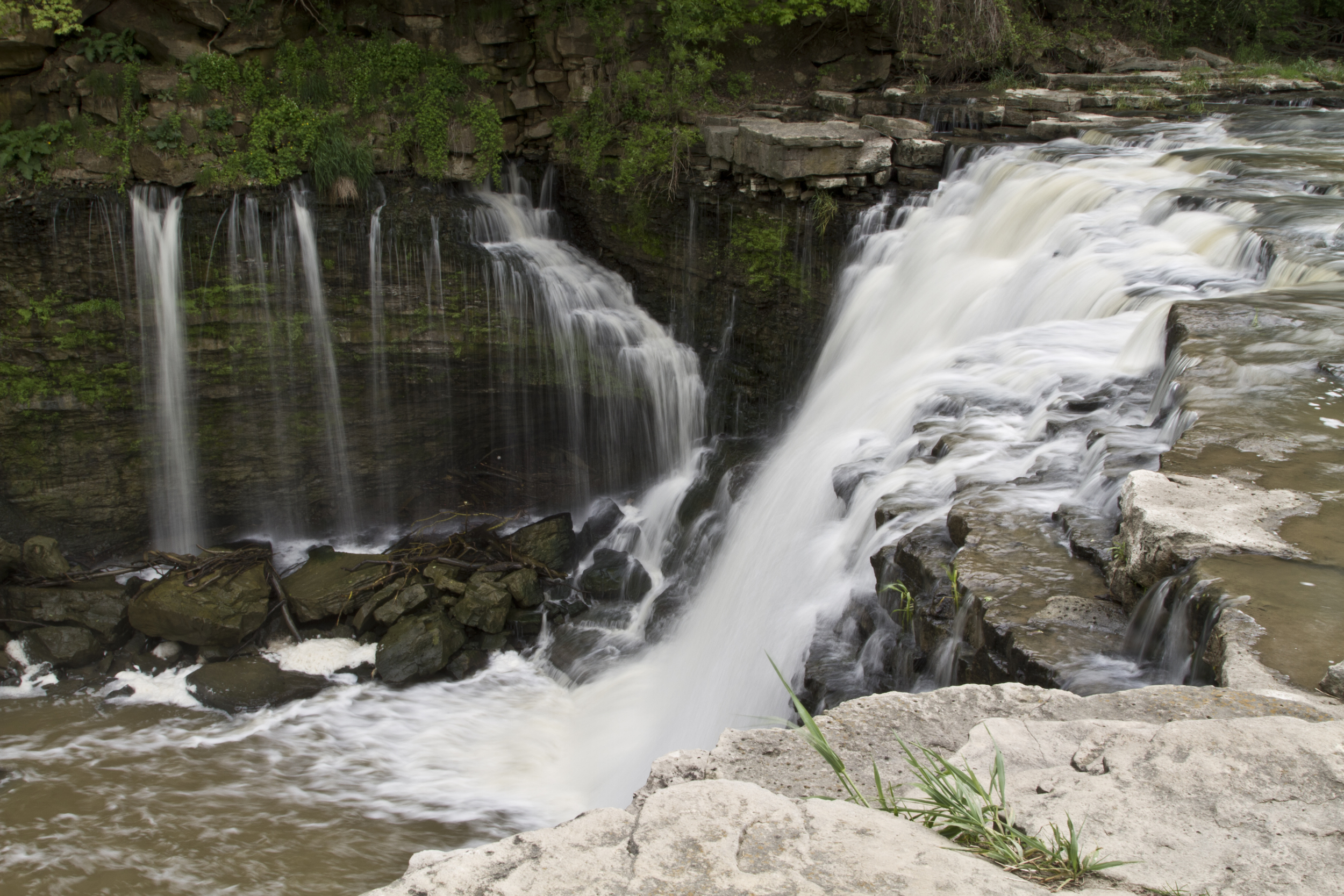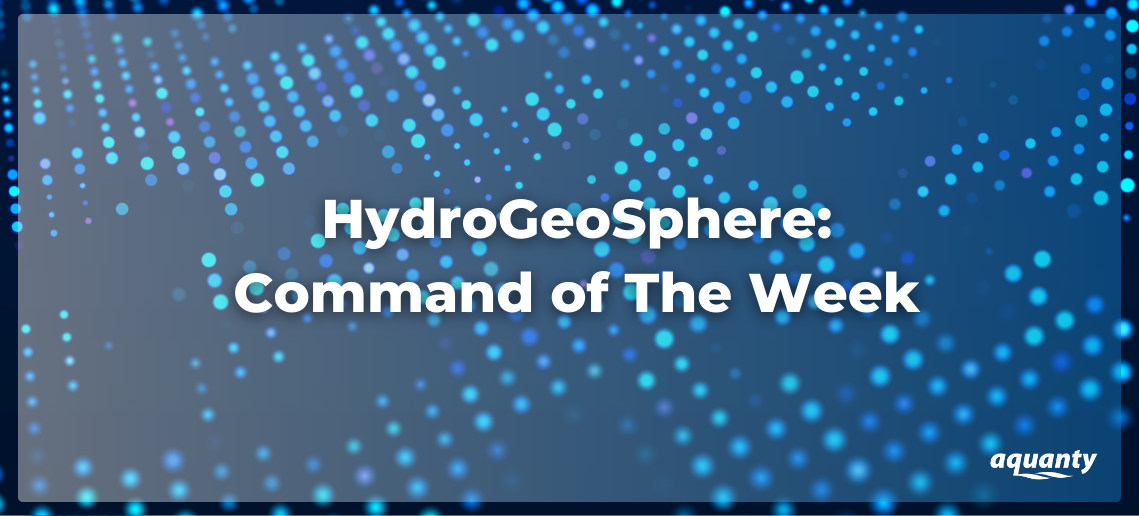

Integrating HGS Models with PEST for Automated Parameter Estimation
This post introduces a detailed tutorial on integrating PEST (Parameter ESTimation) with HydroGeoSphere (HGS) for automated parameter estimation. The tutorial walks through the structure of PEST input files and guides you on how to incorporate them into your HGS models. It's designed to help you run parameter estimation using PEST, though it doesn't cover advanced PEST modes like Tikhonov regularization or predictive analysis. The tutorial is based on the Abdul verification problem and includes all necessary input files.

Batch renaming of HGS output binaries for HSPLOT
This post covers a useful workflow for renaming large groups of sequentially titled files, such as HydroGeoSphere’s binary PHGS output files. This process is particularly helpful when working with HSPLOT, which requires input files to be numbered sequentially starting from 1 (e.g., 0001, 0002, 0003, …n).
HGS RESEARCH HIGHLIGHT – Hydraulic tomography analysis of municipal-well operation data with geology-based groundwater models
The study highlighted this week is focused on the estimation of aquifer parameters (e.g. hydraulic conductivity and specific storage) through inverse modeling of water-level data from observation wells collected during municipal well operations. The data is tested using four different conceptual geological models in HydroGeoSphere coupled to PEST, and the results indicate that this is a viable method of estimating reliable parameter values using existing data sets (providing a valuable new dimension to data collected during municipal well operations).

Writing a Cleanup Script to Clear a Model Folder
This post introduces a simple method to clean up model folders without manually deleting individual files. While HydroGeoSphere typically overwrites results, there are cases where returning a model folder to its initial state is necessary—whether due to incorrect parameters, changes in output times, or preparing files for sharing.

Time Varying Maximum Timestep
This post highlights the time varying maximum timesteps command, which helps optimize simulation runtimes while maintaining high temporal resolution during periods of rapid model input changes. The time varying maximum timesteps command allows you to adjust timestep sizes dynamically using a simple time-value table. A sample problem demonstrating this feature, based on the "Abdul" verification model, is available for download. This version refines timesteps during key boundary condition changes, leading to approximately 100 additional timesteps and improved solution refinement.
